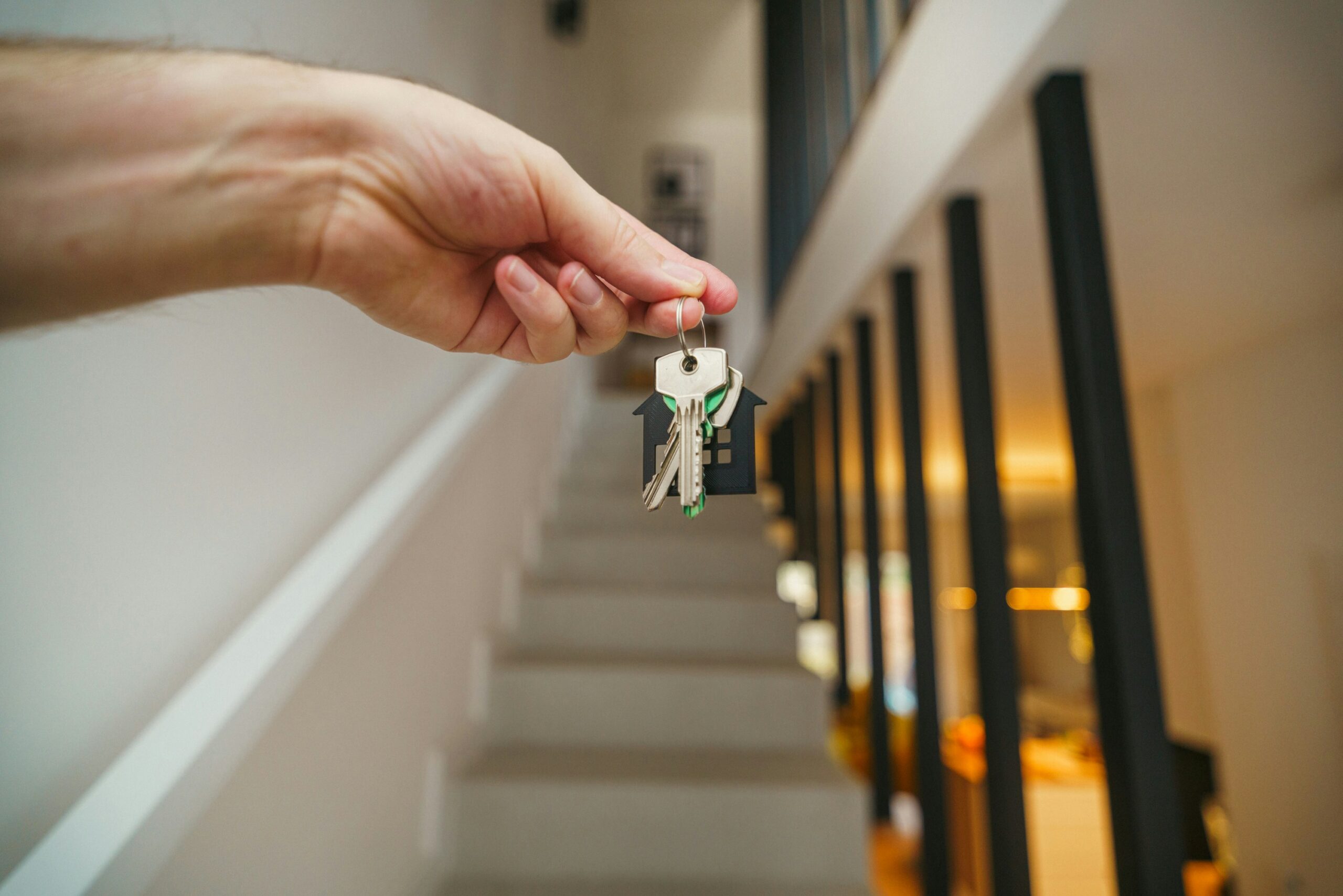Buying your first home is a major life milestone—but it can also feel overwhelming if you don’t know what to expect. Between saving for a deposit, navigating home loans, attending inspections, and dealing with legal paperwork, it’s easy to feel like you’re in over your head.
The good news? With the right preparation and a clear understanding of the process, buying your first home doesn’t have to be stressful. It can be one of the most rewarding experiences of your life with the help of Mayde.
To help you feel confident and in control, here are 10 essential steps to buying your first home without the stress.
Get Your Finances in Order
Before you start browsing real estate listings, take a good look at your finances. This means:
- Reviewing your savings
- Checking your credit score
- Paying off any outstanding debts
- Creating a clear budget
A strong financial position improves your chances of securing a good loan and ensures you’re not overextending yourself.
Tip: Use a home loan calculator to determine how much you can realistically borrow and afford in repayments.
Save for a Deposit (and Know Your Options)
In most cases, lenders require a deposit of at least 10–20% of the property’s value. However, if you’re a first home buyer, you may be eligible for:
- The First Home Guarantee (formerly FHLDS), allows you to buy with as little as a 5% deposit
- State-based grants like the First Home Owner Grant (FHOG)
- Stamp duty concessions or exemptions
These schemes can help you get into the market sooner, so it’s worth researching what you’re eligible for in your state or territory.
Understand the Type of Property You Want
Are you looking for:
- A freestanding house?
- A townhouse or villa?
- An apartment?
- A house and land package?
Think about your current lifestyle, future plans, and long-term goals. If you’re planning to start a family, you might prioritise land and space. If you work in the city, proximity to transport and amenities might be key.
Get Pre-Approval for a Home Loan
A home loan pre-approval (also known as conditional approval) gives you a better idea of your borrowing capacity and makes you more attractive to sellers. It shows that you’re a serious buyer and ready to move quickly if the right property comes up.
Speak to a mortgage broker or bank to compare home loan options, interest rates, and repayment terms.
Start House Hunting—The Smart Way
Once you have pre-approval, it’s time to explore the market. Research suburbs that fit your budget and lifestyle. Keep an eye on:
- Median property prices
- Growth trends
- Local infrastructure and amenities
- School zones (if relevant)
Attend open homes, ask questions, take notes, and be patient—it may take time to find the right property, and that’s okay.
Arrange Building and Pest Inspections
If you find a property you like, always organise independent building and pest inspections before making an offer. These reports uncover any hidden structural or pest-related issues that could cost you down the track.
For new homes or house and land packages, check warranties and ensure builders are licensed and reputable.
Engage a Conveyancer or Solicitor
A licensed conveyancer or solicitor will handle all the legal work involved in your property purchase, including:
- Reviewing the contract of sale
- Conducting title searches
- Managing the settlement and transfer of ownership
They’ll also help you understand your legal rights and obligations, reducing the chance of surprises later.
Make an Offer or Bid at Auction
Depending on how the property is being sold, you’ll either submit a private offer or bid at auction. If you’re bidding at auction:
- Know your maximum budget
- Attend a few auctions beforehand to understand how they work
- Stay calm and don’t get emotionally carried away
If your offer is accepted, you’ll need to sign the contract of sale and pay the initial deposit, usually 5–10%.
Finalise Your Home Loan and Prepare for Settlement
Once the contract is signed, your lender will arrange for a property valuation and final approval of your home loan. You’ll also be required to:
- Organise building insurance (usually a requirement)
- Pay any applicable stamp duty
- Prepare the balance of your deposit for settlement
Your conveyancer will coordinate with the bank to ensure everything is ready for settlement day, when the property officially becomes yours.
Move In and Celebrate Your New Chapter
Once the settlement is complete, you’ll receive the keys to your first home. Congratulations—you’re now a homeowner!
This is the time to:
- Change your address on official documents
- Set up utilities and internet
- Begin planning your move and furnishing your new space
And of course, celebrate your achievement—you’ve worked hard to get here!
Final Thoughts
Buying your first home in Australia doesn’t have to be stressful. By understanding the process, staying organised, and seeking the right professional advice, you can approach your first property purchase with confidence and clarity.
From securing pre-approval and researching the market to finalising your settlement, each step brings you closer to owning a place you can truly call your own.

